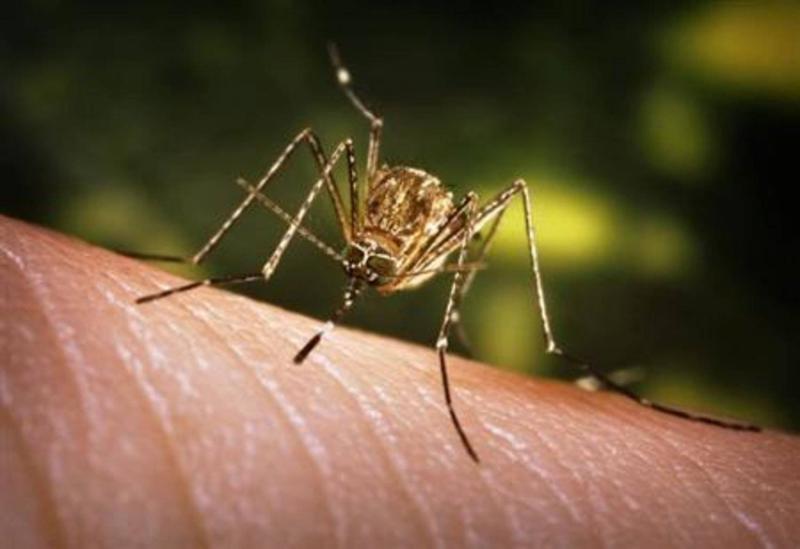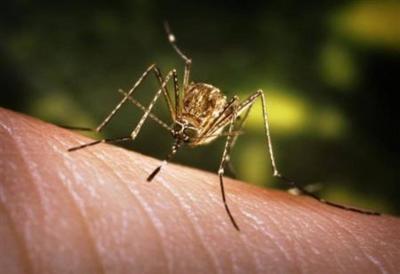The Assistant Minister of Health in Iran, Hossein Farshidi, announced on Monday the detection of the "Aedes" or "Egyptian Aedes" mosquito, which transmits the serious "dengue fever," in five Iranian provinces, three of which are adjacent to the Persian Gulf. The head of the Infectious Diseases Management Center at the Iranian Ministry of Health stated that the mosquito is currently spreading in 40 Iranian cities. Farshidi reported the discovery of this type of mosquito, which spreads dengue fever, in the five Iranian provinces: Hormozgan, Sistan and Baluchestan, and Bushehr in southern Iran on the Persian Gulf, as well as Gilan and Mazandaran on the Caspian Sea in northern Iran. Referring to the cities infested with the Aedes mosquito and at risk, Farshidi indicated that a significant number of dengue fever patients have arrived in Iran from other countries, noting that if it turns into a pandemic, this disease would spread faster than Corona.
Furthermore, the Secretary of the Iranian Airlines Union, Maqsoud Asadi Samani, warned of the potential presence of the Aedes mosquito on airplanes due to the transportation of its eggs via passenger luggage. On another note, the head of the Infectious Diseases Management Center at the Iranian Ministry of Health, Shahnameh Arshi, said during a meeting on the prevention of diseases transmitted by the Aedes mosquito, “The mosquito may cause four diseases: dengue fever, yellow fever, chikungunya, and Zika. Currently, there is no vaccine or definitive treatment for any of these diseases.” He added, “Ten countries have been contaminated by the Aedes mosquito over the past 50 years, but now the number has reached 120 countries. More than 50% of the world's population is exposed to diseases transmitted by this mosquito, and the pandemic caused by the 'Egyptian strain' will spread very rapidly.”




